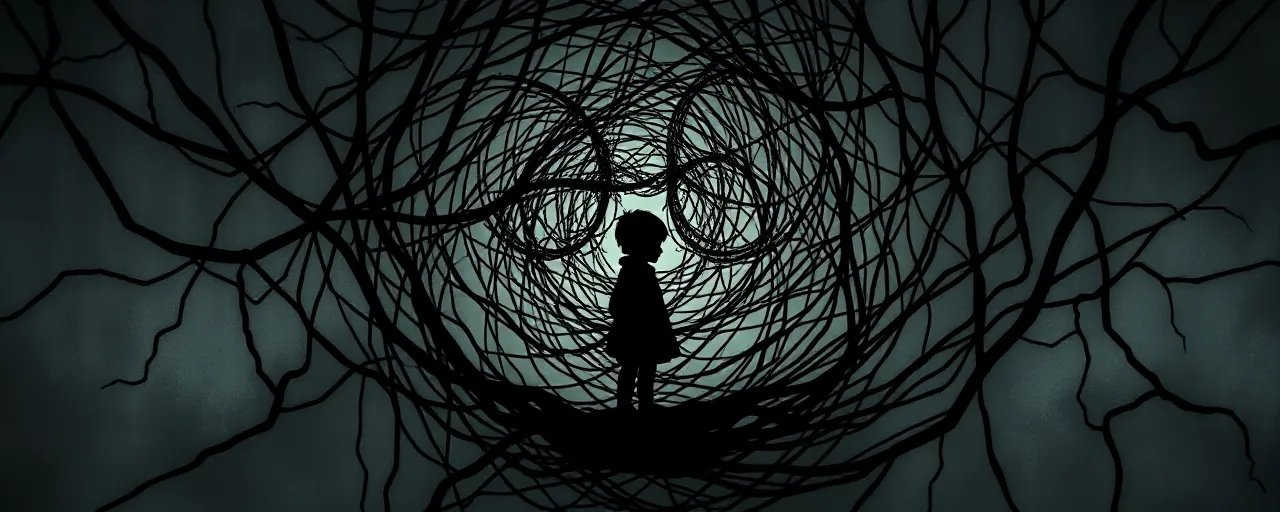A Mother’s Betrayal Unveiled
Hannah Kinchen, a 40-year-old from Gonzales, Louisiana, just admitted to a crime that chills the blood of any decent American. She pleaded guilty to receiving child pornography, material she orchestrated by teaming up with a self-proclaimed pedophile photographer. This wasn’t a random slip; it was a calculated betrayal of a minor she was supposed to protect. Court documents paint a grim picture: Kinchen arranged photoshoots where the child was posed in thongs and G-strings, images later sold for profit. It’s a stark reminder that evil often hides behind familiar faces, and our kids deserve better than this.
This case rips the mask off a festering problem in society. While some wring their hands over privacy rights or tech regulations, predators like Kinchen exploit the system to prey on the innocent. Her guilty plea on April 7, 2025, isn’t just a legal footnote; it’s a rallying cry for justice. With a mandatory minimum of five years and up to 20 years behind bars looming, the message is clear: those who harm our children will face the full weight of the law. Anything less would be a slap in the face to every parent fighting to keep their kids safe.
The Law’s Iron Fist
Federal law doesn’t mess around when it comes to child exploitation, and that’s exactly how it ought to be. Under 18 U.S.C. § 2252, receiving child pornography carries a minimum of five years in prison, with the ceiling at 20. Production offenses? That’s 15 to 30 years for first-timers, and life if the crime’s vile enough. These aren’t suggestions; they’re mandates, forged to crush the networks that thrive on our kids’ suffering. Kinchen’s facing sentencing on July 15, and the judge’s gavel needs to come down hard. Half-measures won’t cut it when the stakes are this high.
Some bleeding hearts argue these penalties are too harsh, whining about rehabilitation or proportionality. Tell that to the victims whose lives are scarred forever by these images, a permanent record of their abuse circulating online. The Justice Department’s Project Safe Childhood, launched back in 2006, gets it right: hammer the offenders, rescue the kids, and build a wall of deterrence. Since its start, indictments for child exploitation crimes jumped 31% between 2010 and 2014. That’s not a statistic; that’s a lifeline for thousands of victims. Kinchen’s case proves the system works when it’s allowed to.
Tech’s Dark Underbelly
Kinchen and her photographer pal didn’t just snap these photos in a vacuum. They used file-sharing websites to swap their filth, a digital cesspool that’s become a playground for predators. Operations like ‘Stream,’ which took down the Kidflix platform with its 1.8 million users, show how massive these networks have grown. Encrypted apps, cryptocurrency payments, dark web hideouts, they’re all tools in the arsenal of those who think they’re untouchable. But the FBI’s Baton Rouge crew tracked Kinchen down, proving law enforcement can still outsmart the tech-savvy creeps.
Big Tech apologists love to dodge accountability, claiming free speech or innovation as shields. Nonsense. When platforms let this poison spread, they’re complicit. The UK’s Online Safety Act forces file-sharing services to scrub this garbage fast, and we need that kind of backbone here. Project Safe Childhood’s partnerships with local and state agencies show what’s possible when the good guys fight back. Kinchen’s arrest isn’t a fluke; it’s a blueprint. We can’t let Silicon Valley’s laissez-faire attitude give predators a free pass.
A Call to Arms
This isn’t just about one twisted woman in Louisiana. It’s about a war on our kids, waged by those who exploit trust and technology. Photographers luring minors with modeling dreams, parents selling out their own flesh and blood, it’s a pattern that’s sickeningly familiar. Look at the Hollywood cases, where predators dangled fame to trap aspiring models. Public awareness and ironclad laws are our weapons, and Project Safe Childhood is the tip of the spear. The STOP CSAM Act, pushing platforms to report and remove this filth, is another step toward victory.
Doubters say the problem’s too big, that AI-generated smut and encrypted networks make it unbeatable. They’re wrong. Since 2017, Project Arachnid’s issued nearly 50 million removal notices worldwide, proving we can hit back. Kinchen’s guilty plea is a win, but it’s not the end. Every parent, every citizen, needs to demand action: tougher sentences, smarter tech, and a justice system that doesn’t flinch. Our children’s future hangs in the balance, and we can’t afford to lose.
